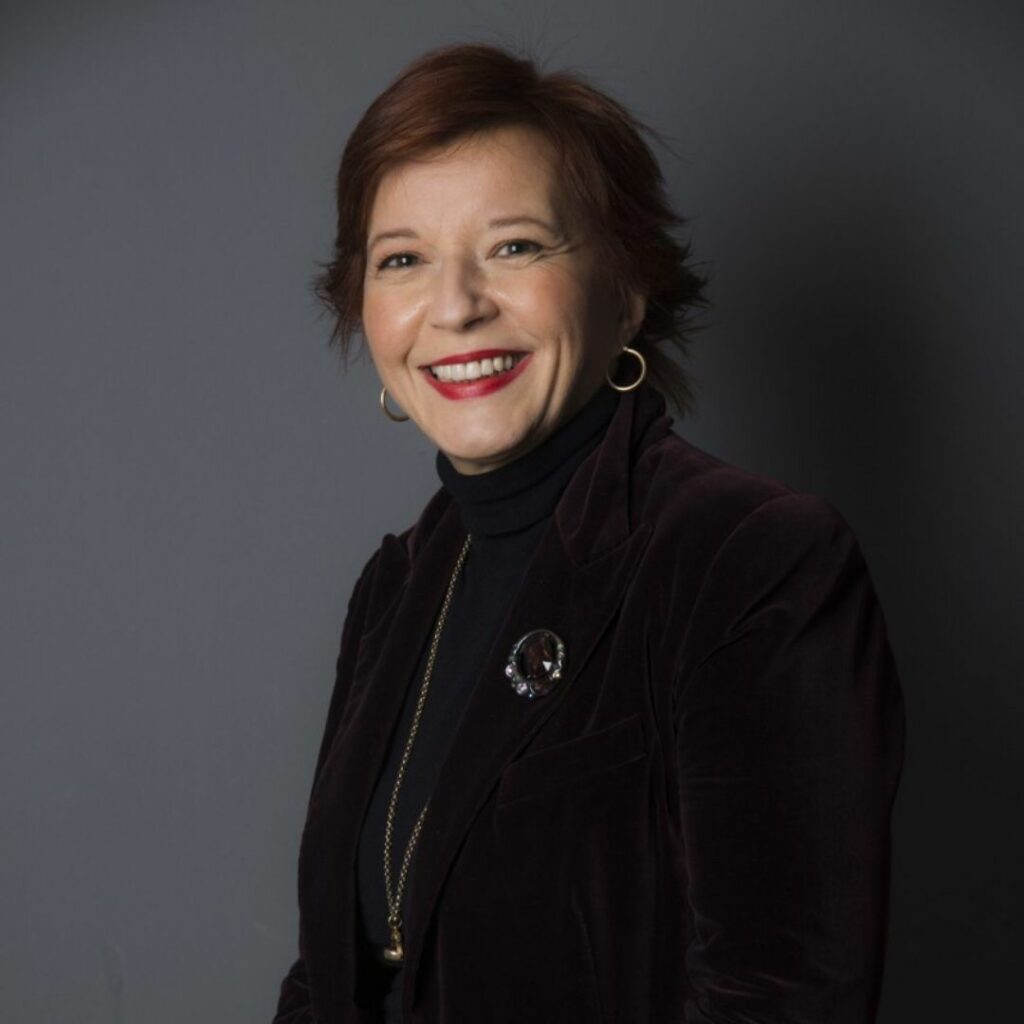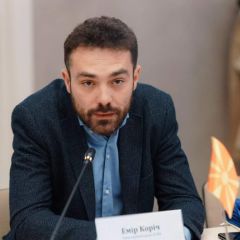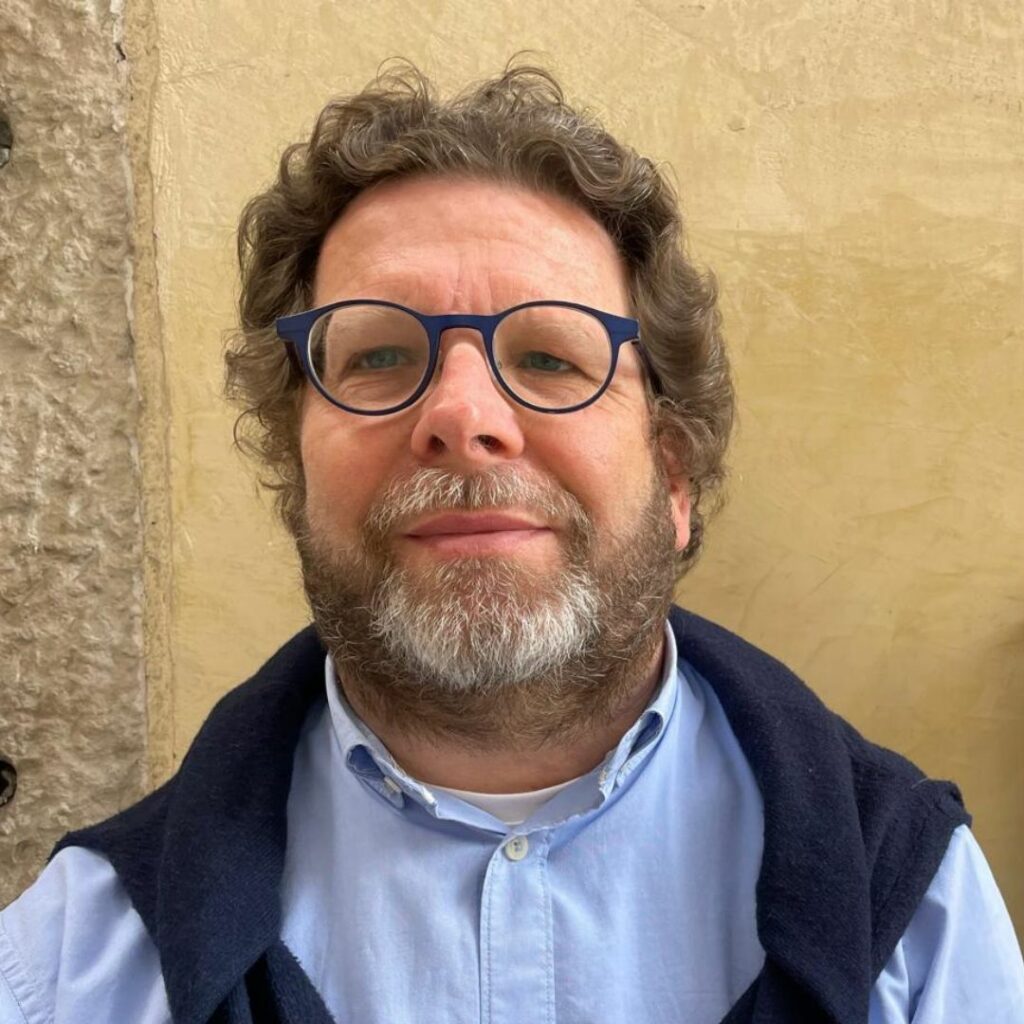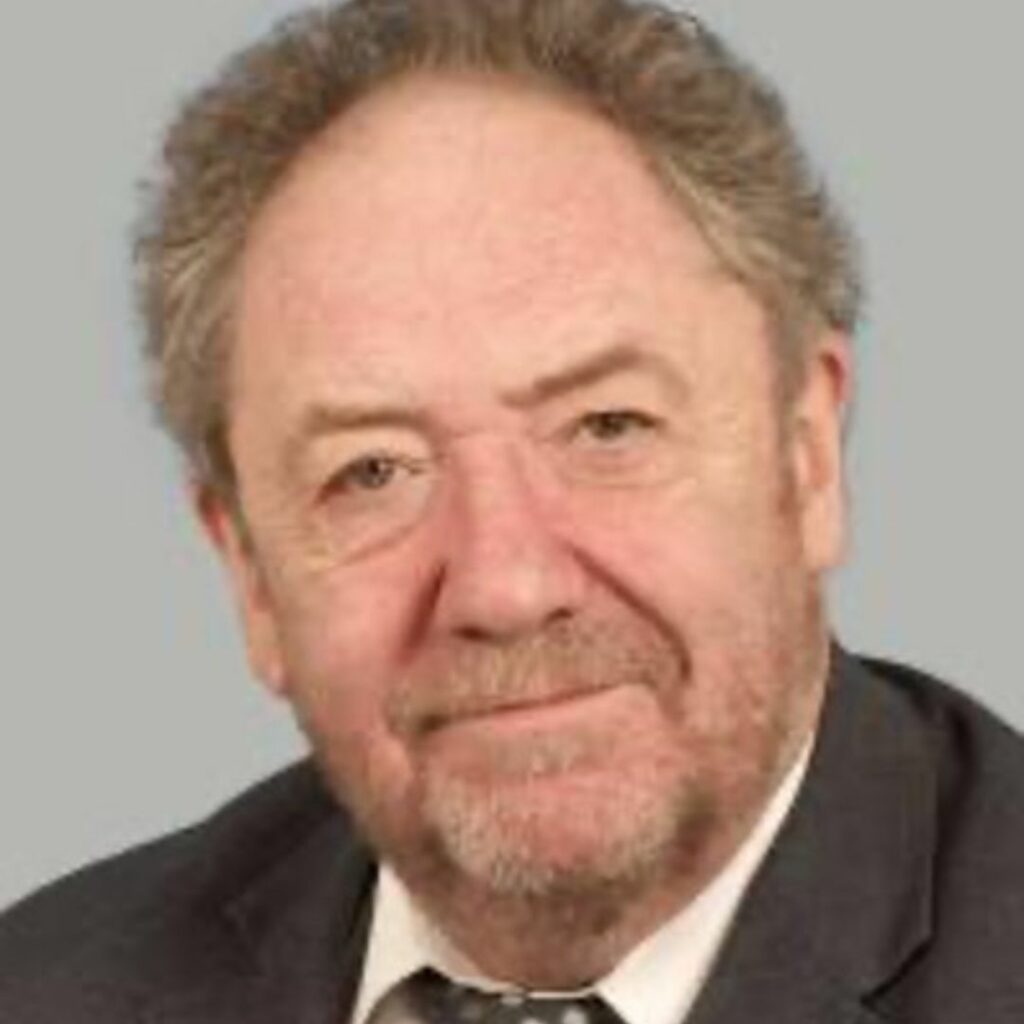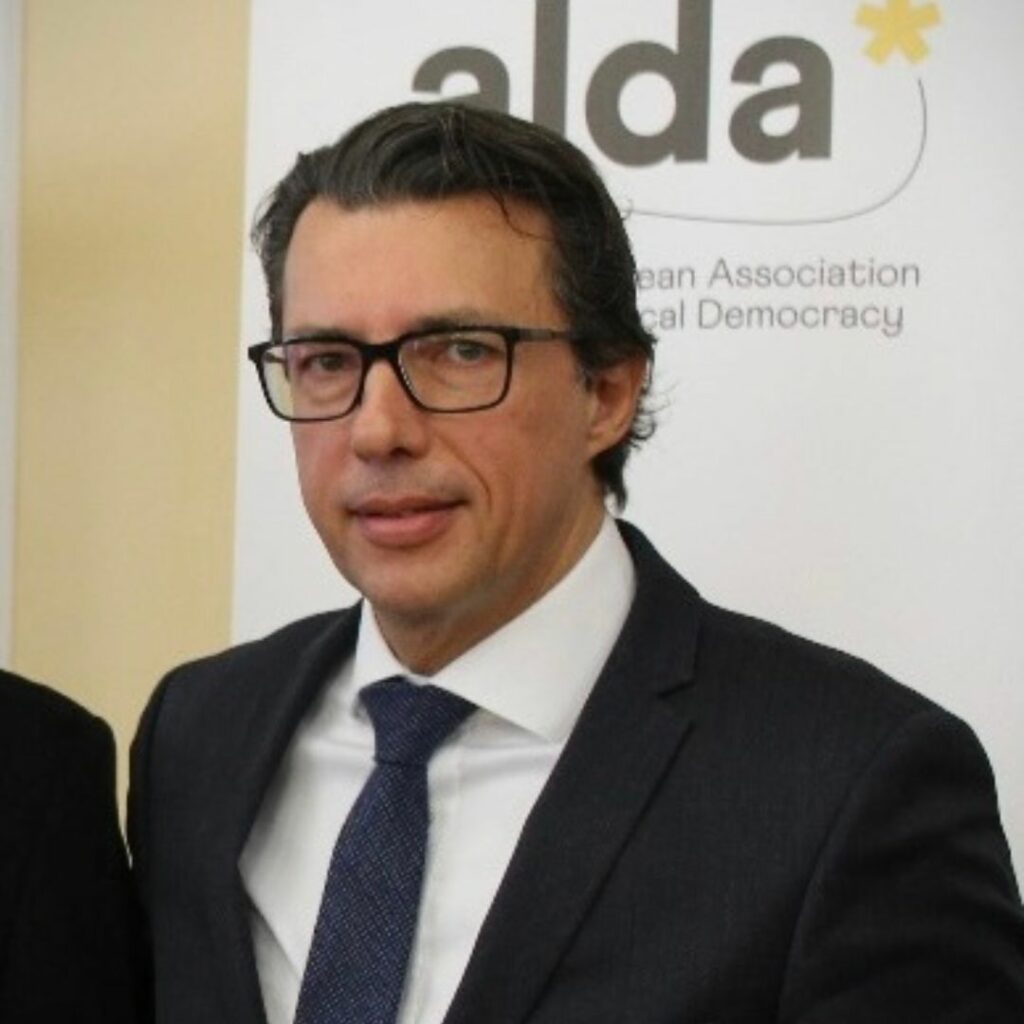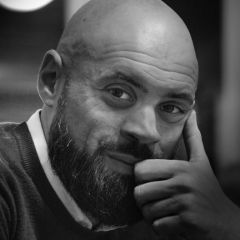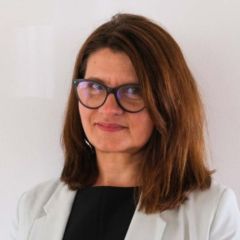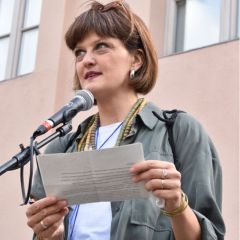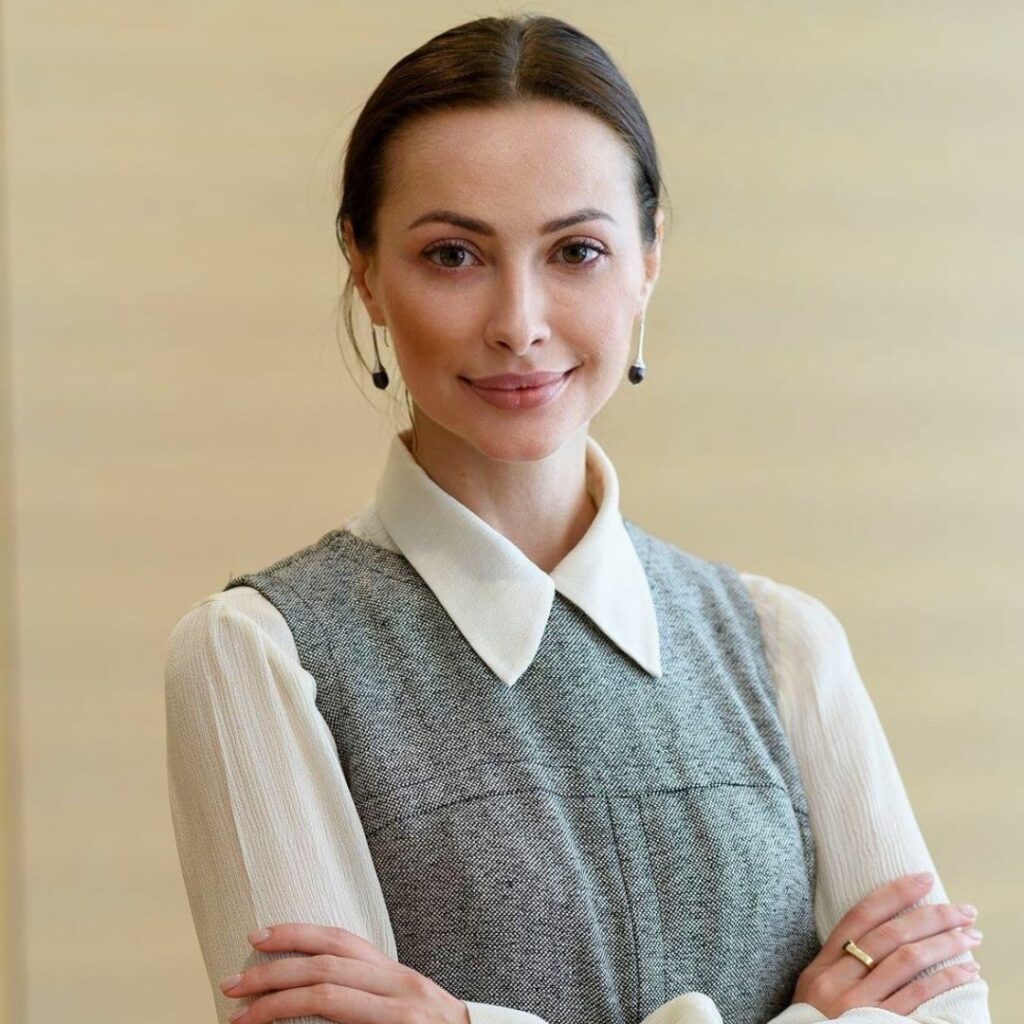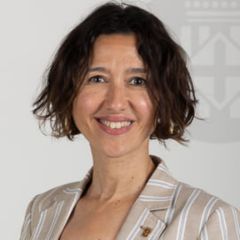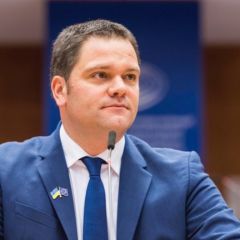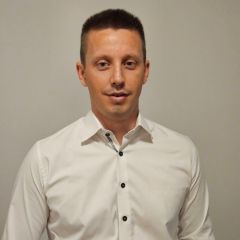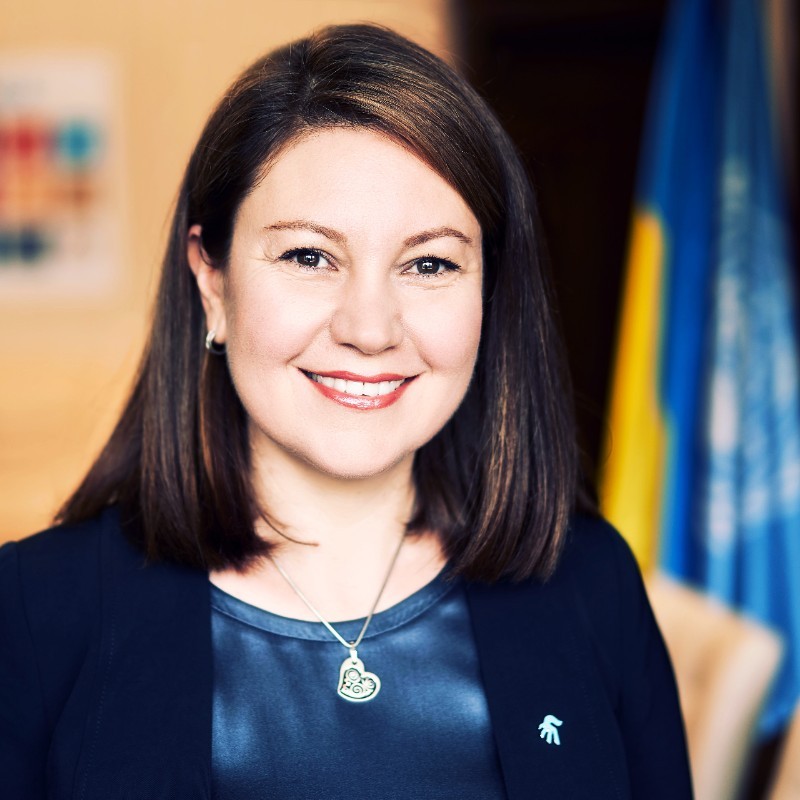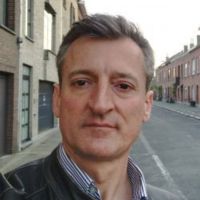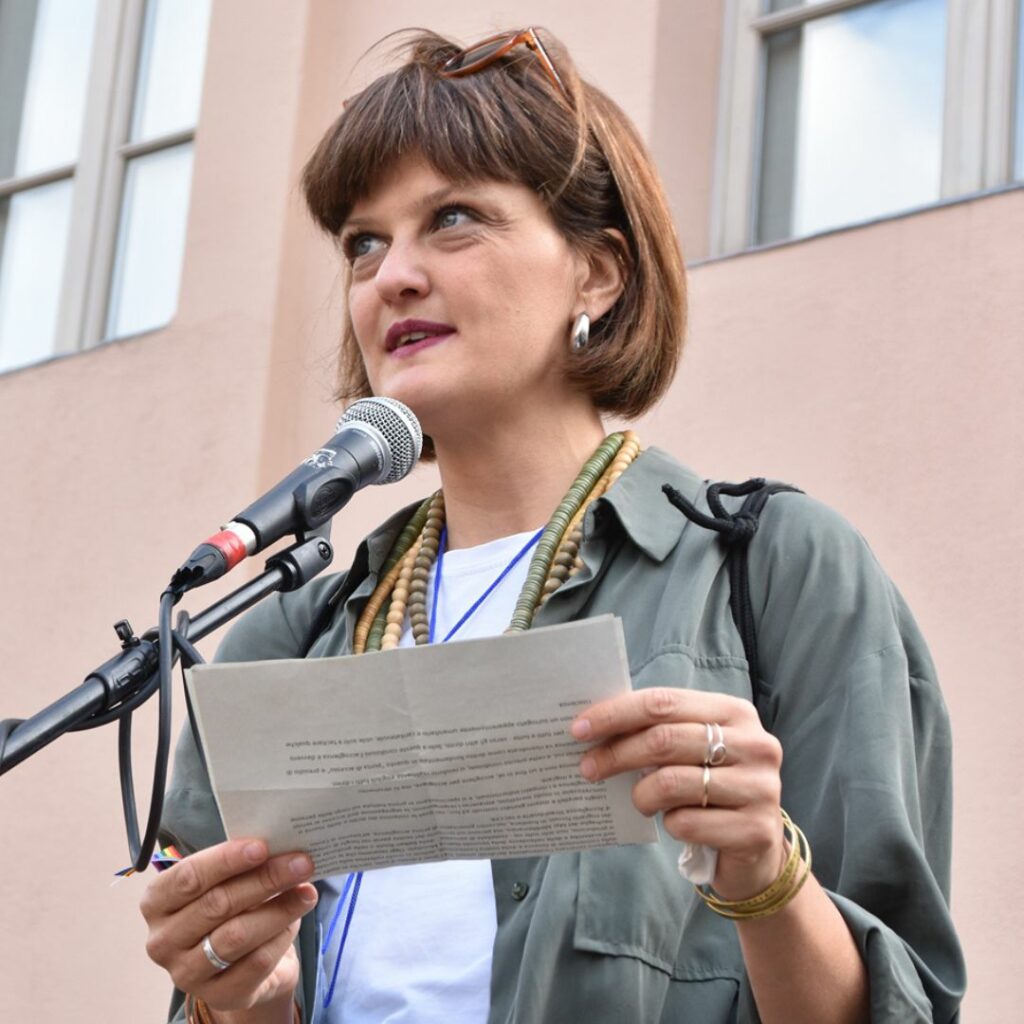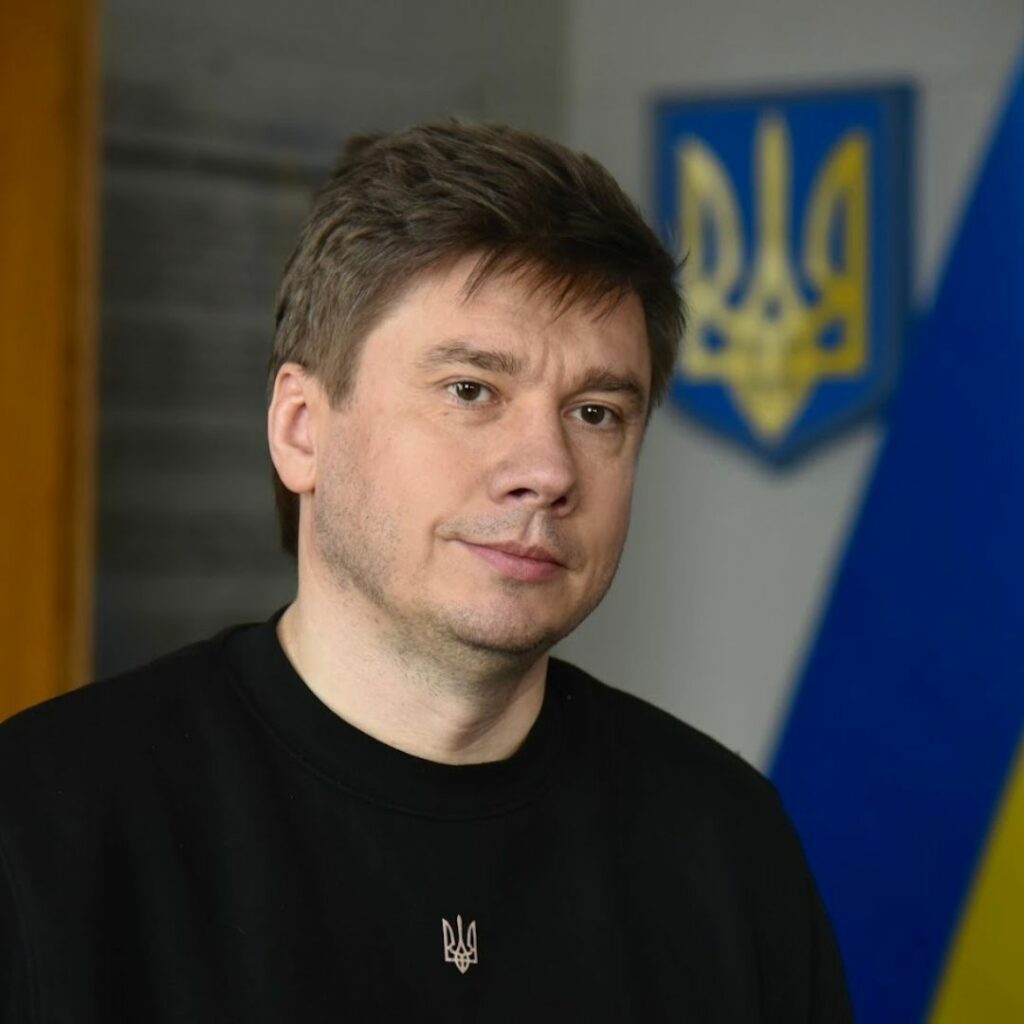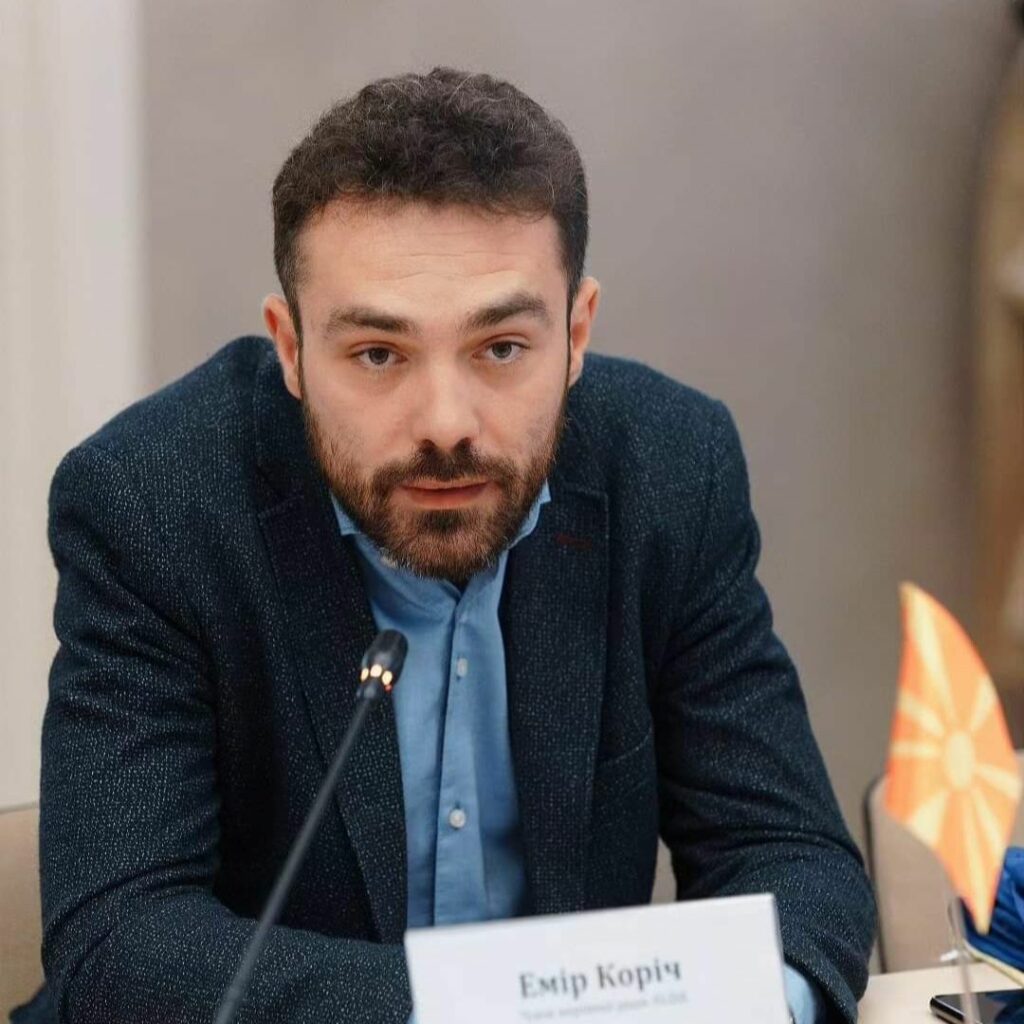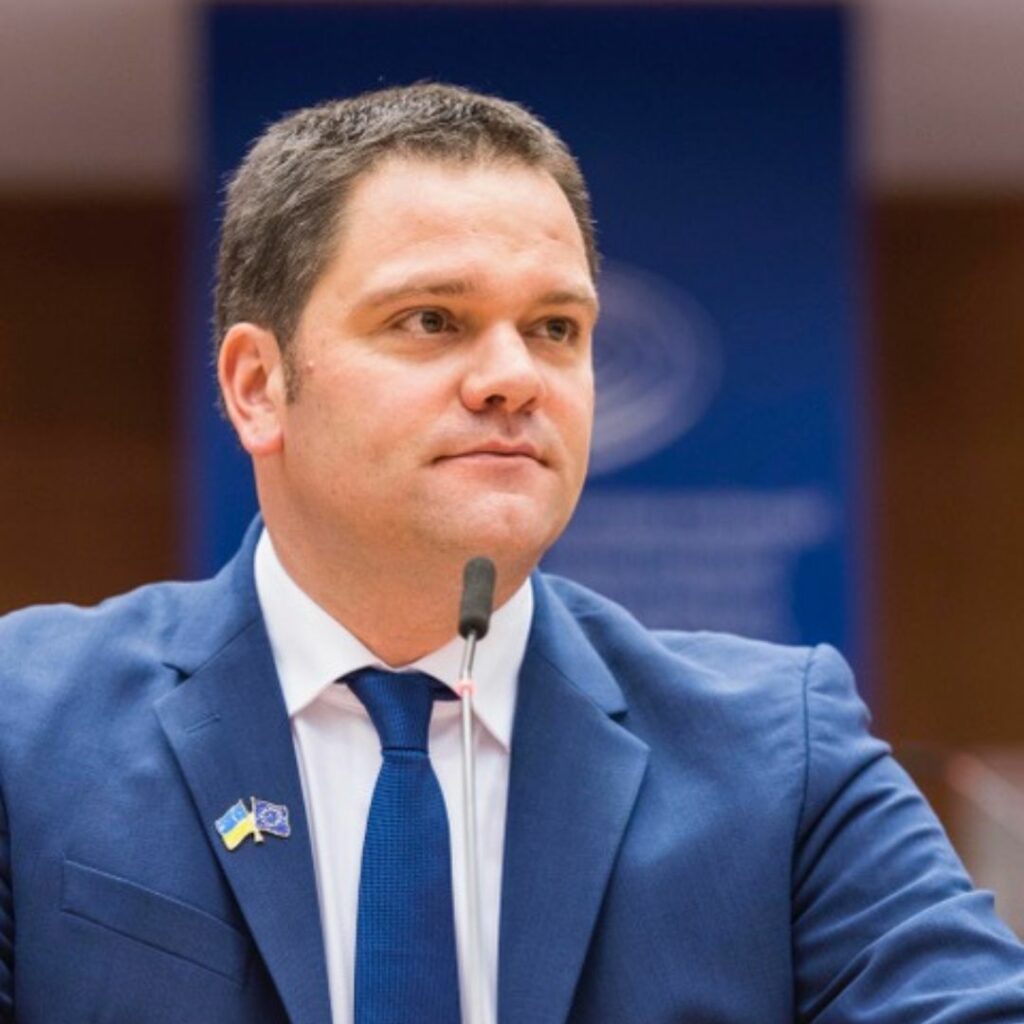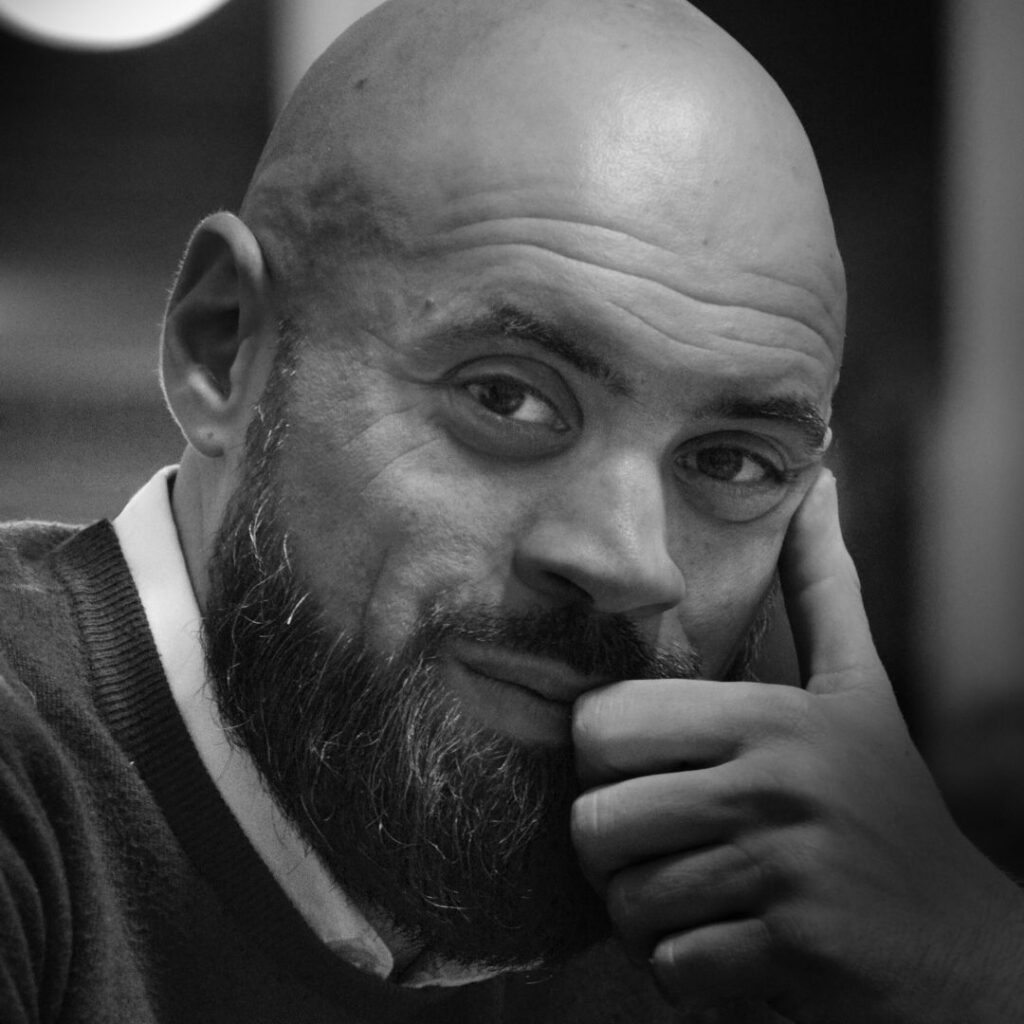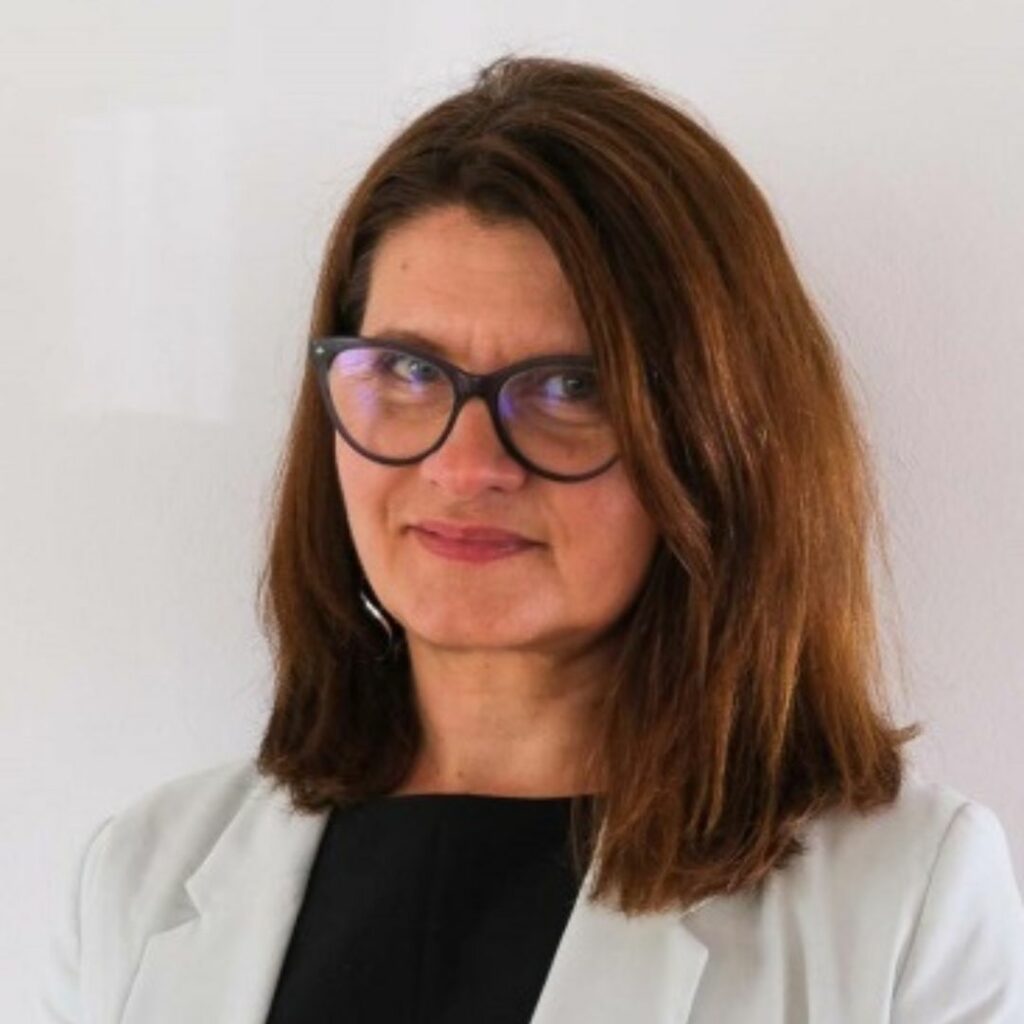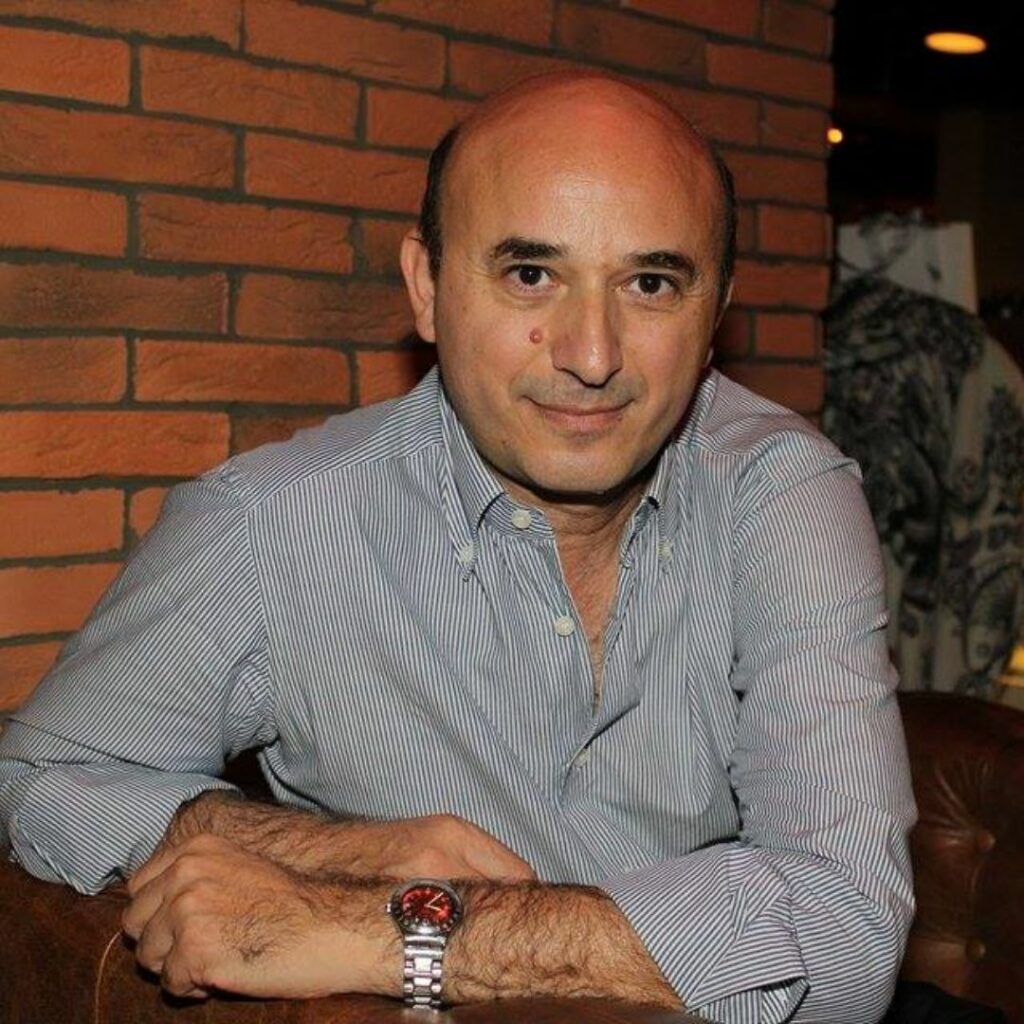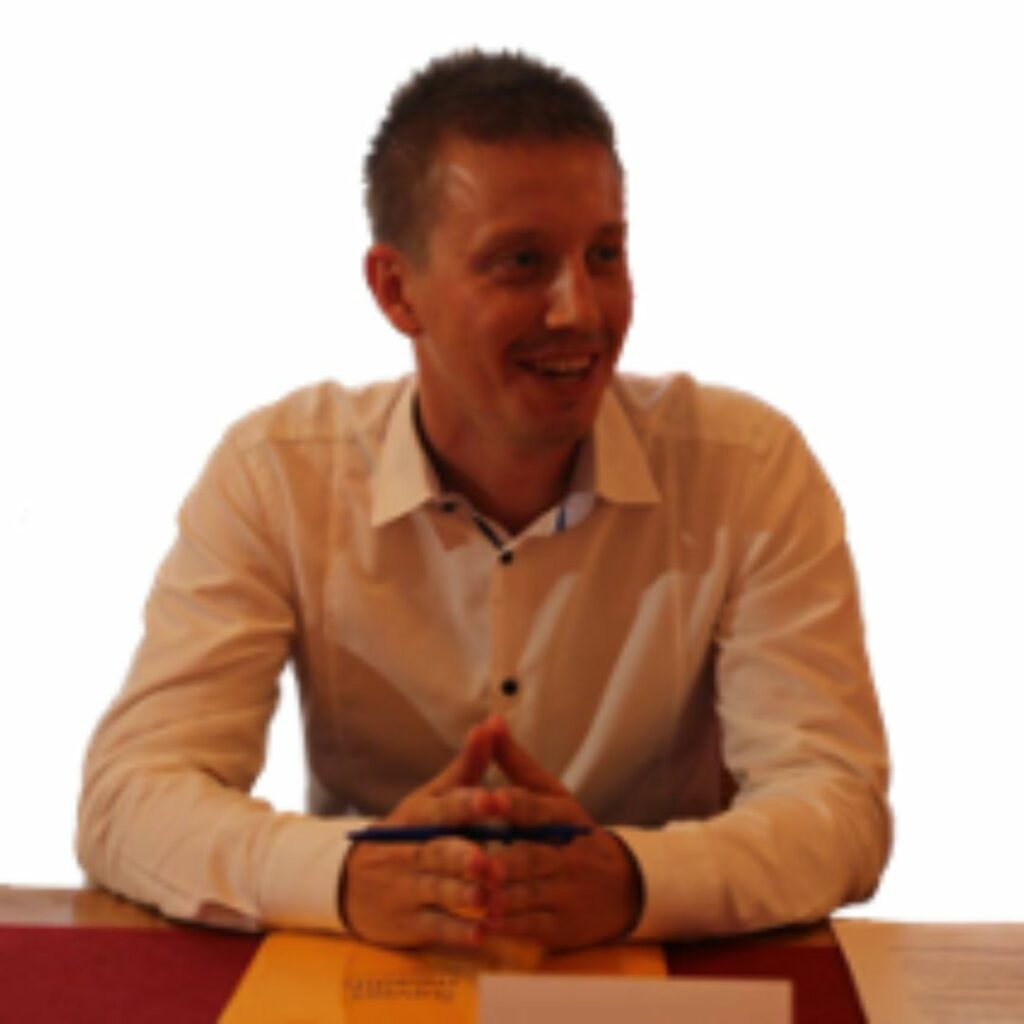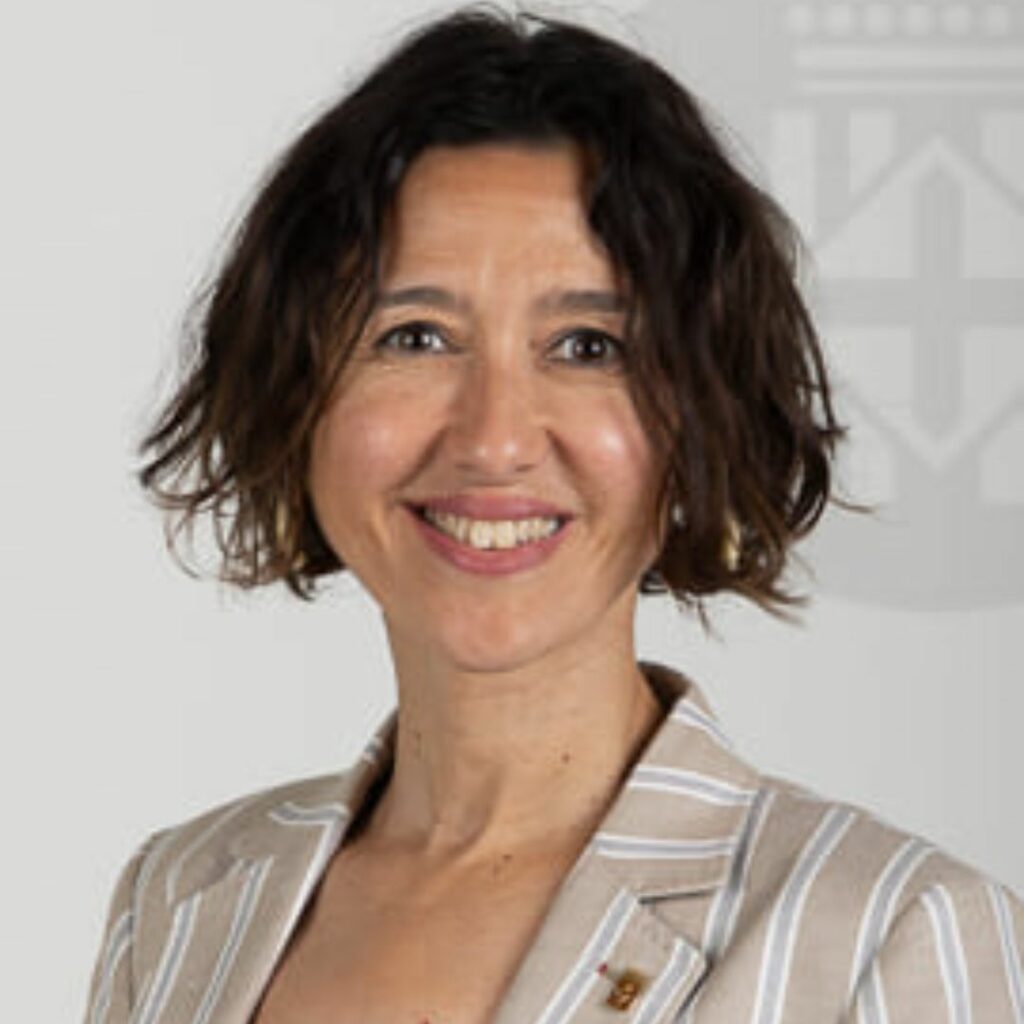Highlights from the TALE Project Events in Italy and news from the European Parliament
2024 European Parliament’s elections are approaching and youth plays a key role in valuing the voting process at the EU level. Thus, ALDA is supporting the TALE changemakers to organise their local events in Italy, and May 2024 plays a crucial role in this scenario.
On May 8, 2024, Palazzo delle Esposizioni in Rome (Italy) was the venue for an insightful event focused on Sustainable Development Goals (SDGs), the European Green Deal, and citizen participation. This gathering, organised by ASviS (Alleanza Italiana per lo Sviluppo Sostenibile) in the framework of Festival dello Sviluppo Sostenibile (festivalsvilupposostenibile.it), was centred on inclusivity in decision-making, exploring how to enhance citizen and stakeholder involvement in shaping the future of the European Union. For ALDA, this was the opportunity to talk about the TALE – TAke the Lead in the EU Elections and the great engagement of its changemakers, also presenting the experience of Mr. Andrea Boraccetti, who attended the event.
Innovative approaches to fostering meaningful participation were highlighted, emphasising the importance of ensuring diverse voices are heard and valued in EU governance
Another event in the TALE scope was held on May 9, 2024, at the International European High School “Altiero Spinelli” in Turin (Italy), organised by ALDA with the support of Ms. Alberta Ivaldi, an Italian TALE changemaker. Practical workshops on the relevance of the EU and engaging activities for youngsters were implemented and involved more than 200 students.
In Forlì (Italy), TALE changemakers held a local event on May 18 and 19, 2024 within the local European Youth Event, supported by University of Bologna. This framework provided a platform for young people to engage with European democratic processes and the upcoming elections. Aiming at raising the awareness of all young participants, these TALE local events also focused on discussing practical ways young citizens can get involved in the voting process and beyond just voting.
These events, held as part of the TALE project, have successfully brought critical discussions about European democracy to the future. By engaging young people in Rome, Turin, and Forlì, the project is fostering a deeper understanding of the importance of civic participation and the role of youth in enhancing the democratic engagement of EU citizens.
In order to receive relevant updates and information about the EU elections directly by the European Parliament and to be regularly updated about our TALE action, you can register on the Together.eu platform by clicking here.
As a Communication Partner of the European Parliament, ALDA is also delighted to share with all its network the Use Your Vote video, which is available in 35 languages and stresses the importance of the European Union’s values, opportunities and history. EU citizens are only one month away from the EU elections, and every step, every view and every vote will count.
